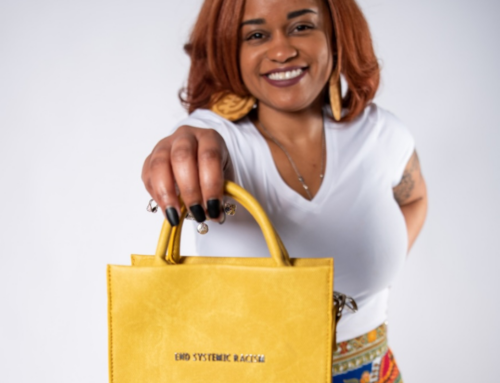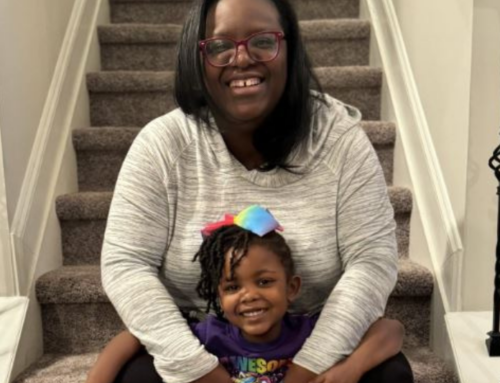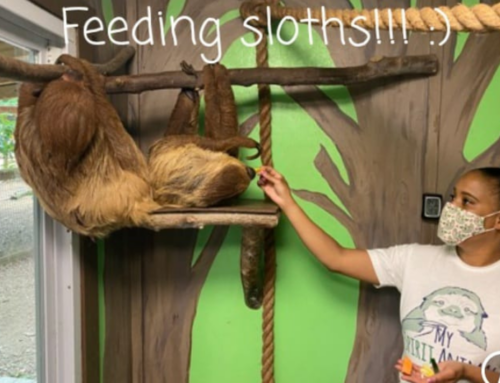No matter what side of the immigration and citizen debate one gravitates to, the inability of our nation’s leaders to find consensus has been distressing to watch. During one of our team meetings, we found ourselves sharing our own stories of what the word immigration means to us. We thought we’d share a little more about our team members over the course of time.
Jennifer
Friendships, are the soul of one’s life. Sometimes, strangers from other countries, offering entirely different cultural exposure, make you feel at home. Growing up in Ohio, my first childhood friend was a neighbor girl named Julia. Walking into her home was always warm and inviting. Her home was filled with delicious smells from her mother’s kitchen. She always fascinated me with a sense of love and belonging. Julia, at home, was a loud girl, funny by nature, an adventurous soul, and always a smiling face.
Julia’s father was an engineer back in his home country, Ukraine. Looking back, I can see how this was the source of Julia’s endless curiosity. She once accidentally locked me in her bathroom, having taken apart the doorknob’s locking mechanism. At the time, we thought we were in trouble. To our surprise, Julia’s father praised her for her creativeness.
Her father had a love for tinkering with things. I confess not to have paid much attention to those lessons. However, we loved listening to his stories, of places I had never heard of and things I had never imagined.
Julia’s mother was the musical side of the family. She always took great joy in teaching us how to sing while cooking. My favorite were her sweet cookies I never had before, and, sadly, I haven’t had since. All her mother would say about the cookies, was they were an old family recipe.
Things were different outside of the home. Julia was quiet, shy, and reserved by nature. Julia barely initiated conversation outside of the home. Nevertheless, she looked like any other skinny red-headed girl. Her accent always betrayed her unable to sound like the other kids. She didn’t always understand the other children and the games they played. She was treated as an outsider and frequently bullied by them.
Outside of the home, Julia’s father was a serious man. He didn’t work as an engineer as he did in Ukraine. He would do any job that was offered here.
Our neighborhood didn’t offer friendship to this family. Many comments were made about her family. Even Julia’s mother’s cooking was the subject of disdain. Neighbors couldn’t see Julia’s smile or how much her parents embraced American holidays. Neighbors missed their lack of an understanding of our traditions. Her father was the first to invite the neighborhood for BBQ on the 4th of July. Even though he knew nothing about how to BBQ. They celebrated Memorial Day like everyone else on the block. Because that is what Julia’s father thought it meant to be an American, every Christmas their house was done up in lights.
People come to America with different stories, different traditions, and different ways of life. I see them as the human beings they are, not as an accent, a color, a heritage, or any immigration status. Julia taught me long ago, our collective desire is to be accepted as the unique individuals we are, in spite of our surface differences.
[Picture above: Me and friends enjoying a day at the beach.]



